The NAACP is “disappointed’ that the Biden Administration is ending the pause on student loan repayments. Isn’t that just too bad?
“The resolution of the debt ceiling crisis is one we wholeheartedly welcomed and we appreciate all that went into debt ceiling negotiations. However, we are disappointed that the needs of Black communities have suffered from the negotiated agreement that will erode economic progress for Black Americans,” Wisdom Cole, the NAACP’s national director of youth and college, and Derrick Johnson, the group’s president, say in the letter.
“It is disappointing that narrowing the racial wealth gap was not given a higher priority,” Cole and Johnson say, adding that Black borrowers were 50% more likely to have their loans fall into default. NBC News saw an advance copy of the letter Tuesday.
To Messrs. Cole and Johnson, I would first say this: Even if we take your statement at face value, where, in the Constitution, is it an enumerated power of the Federal Government to address racial wealth gaps, in student loans or anywhere else? I would then ask them to read the Tenth Amendment. But that’s a futile exercise, as the Federal Government has been ignoring the concept of enumerated powers and the Tenth Amendment for quite a while now.
The fact is, the Biden Administration has been showing favoritism to different classes of student loan debtors for some time. Last year, they quietly forgave student loans for federal employees (and no one else) and have extended the pause on student loan payments well past the initial reason for doing so, that being the COVID “crisis.” But the NAACP has more demands:
Should the Supreme Court fail to uphold student debt relief, Black America demands that your Administration pursue all legal pathways to make a permanent solution that respects the contributions of student loan borrowers, makes higher education more accessible and affordable and ends the cycle of pushing Black borrowers into poverty as they seek to share in the opportunities afforded by this nation.
I’m not sure what Black America is. I thought there was only one America, as someone once famously said. But we can deal with the NAACP’s divisive language another time.
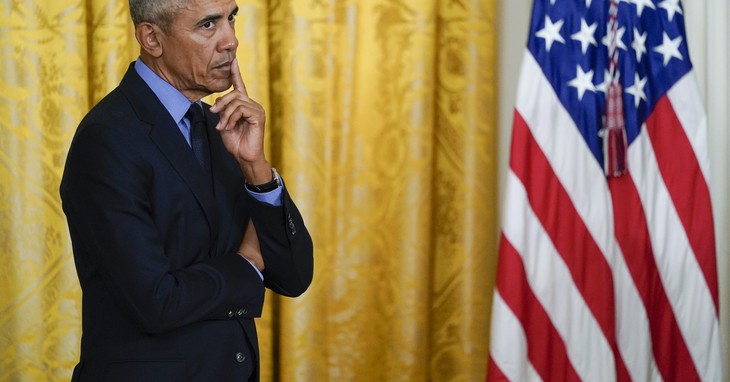
If one wants to make higher education more affordable, the best way to do it is to get the Federal Government out of the business of financing education, in any way. This federal dump of billions into higher education has inflated costs; the lack of accountability for those dollars has given rise to a myriad of “X-Studies” degrees, most of which are of no more value than a degree in Underwater Dog-Polishing. Remove said federal funding, place student loans where they once were, in the private sector, and such nonsense would disappear very quickly. It is, after all, the primary purpose of education to produce young people with marketable skills, and in this, the education establishment has been failing for some time.
This is, of course, one more chapter in a much larger story. The Supreme Court is set to rule on that larger issue, and in so doing may slam the brakes on this unilateral action which the Executive Branch simply has no authority to take. The NAACP’s demands aside, the president has no legal pathway for any such solution. Any blanket forgiveness action would, to put it bluntly, abrogate centuries of contract law. These students signed contracts, the action was theirs, the responsibilities are theirs, the consequences are theirs, and there’s an end of it.
And that brings us to the moral issue involved, and it’s one I’m not seeing discussed in the White House or the halls of Congress. That moral issue is simply the abdication of personal responsibility that this “forgiveness” entails. Any student loan forgiveness plan, no matter how limited or unlimited, eventually falls on the taxpayers. Money has been disbursed, and the institutions that disbursed that money, one way or another, must be made whole. If the students — who, I remind you, signed contracts — are “forgiven” their debt, then the taxpayers are on the hook.
In other words, I, as a taxpayer, will be made responsible for the debts of a student, who signed a contract, who accepted responsibility, and who has evaded that responsibility. Maybe they made poor choices, as in pursuing an “X-Studies” degree that prepares them for no career imaginable. Maybe their expectations are unrealistic, and they aren’t considering entry-level jobs. Maybe their academic performance was poor, and their transcript is limiting their options.
But they, not the taxpayers, signed contracts. They, not the taxpayers, are responsible for their own debts. They, not the taxpayers, are responsible for the consequences of their decisions. They, not the taxpayers, need to pony up and pay their own damn loans.
Throughout my six decades-plus of life, I’ve always paid my own debts. I don’t think it’s unreasonable to expect others to do likewise.
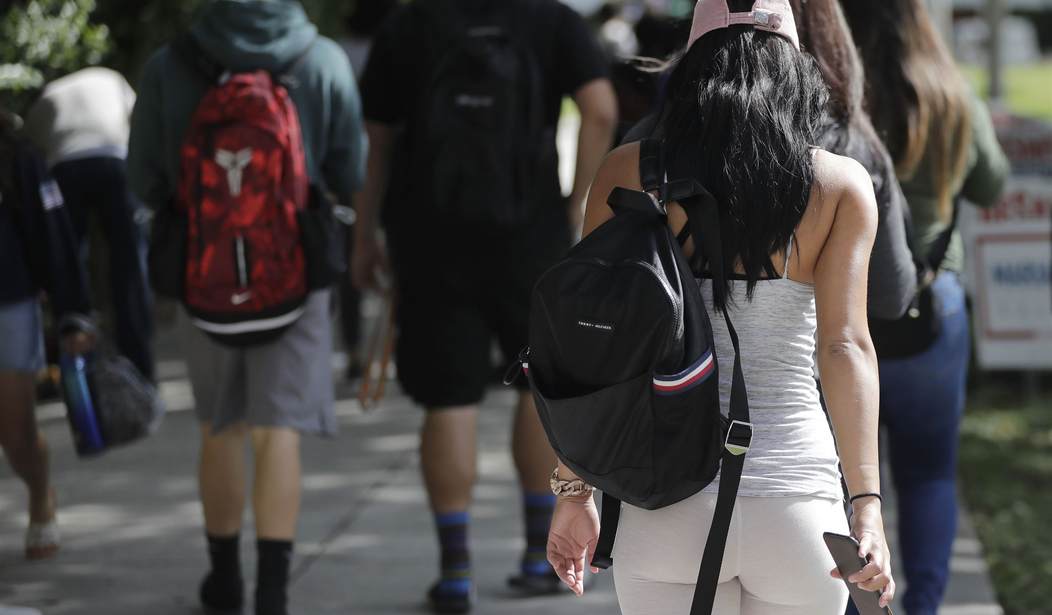

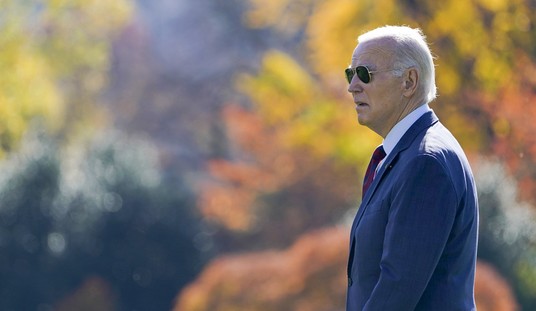





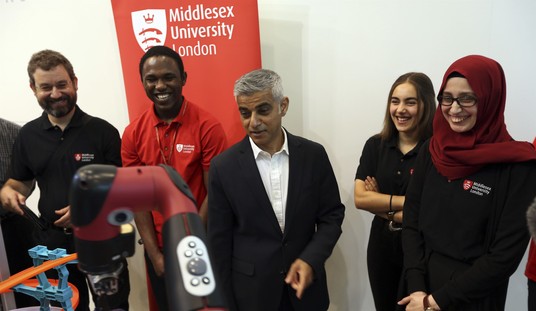

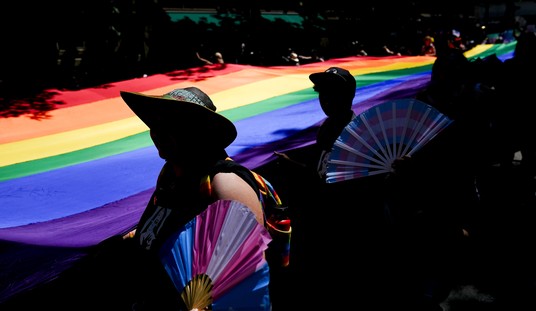

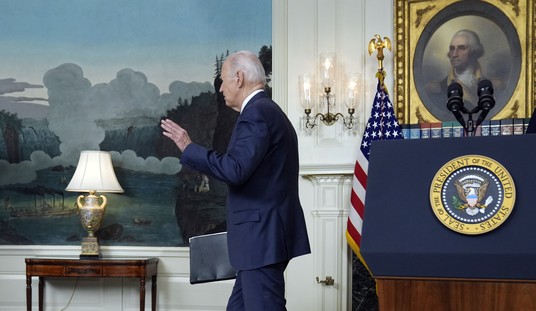
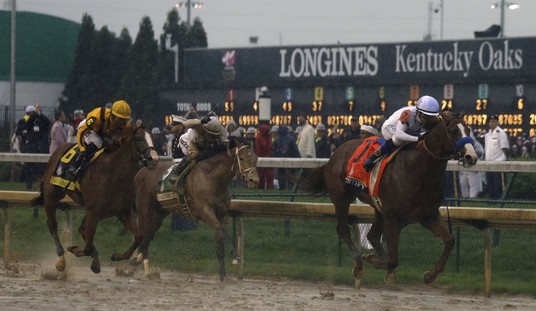
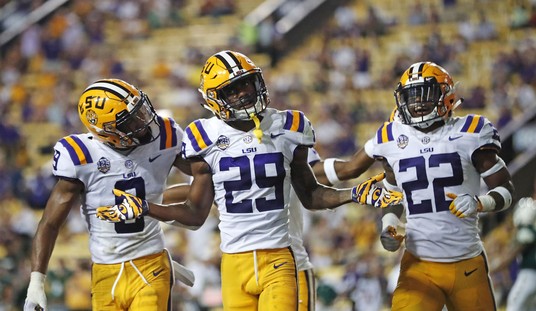
Join the conversation as a VIP Member